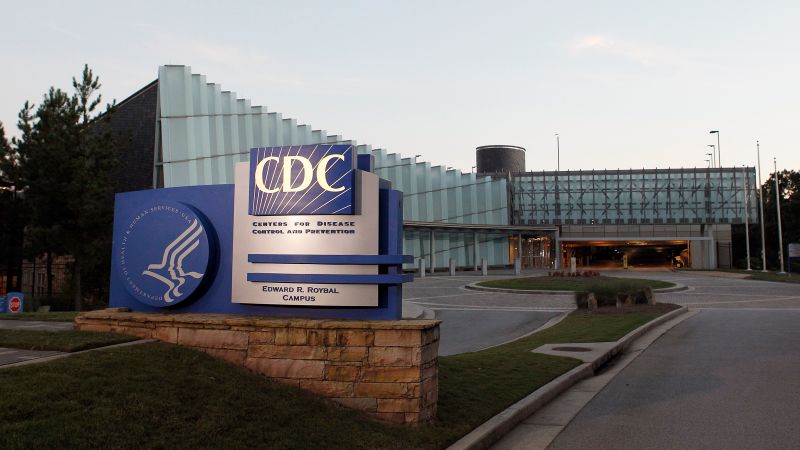In a recent memo, staff at the United States Centers for Disease Control and Prevention (CDC) have been instructed to halt all forms of communication and collaboration with the World Health Organization (WHO). This significant directive comes as a result of President Donald Trump’s executive order dated January 20, which announced the United States’ intention to withdraw from the WHO, a development that presents considerable challenges to global health efforts.
The memo, sent by Dr. John Nkengasong, the CDC’s Deputy Director of Global Health, to the agency’s senior leadership, explicitly states that all engagement with WHO through various channels—whether through technical working groups, advisory boards, or cooperative agreements—must cease immediately. This encompasses all interactions, whether in-person or virtual, effectively sidelining the CDC in key global health discussions. Importantly, it has been noted that the United States is one of the largest financial contributors to the WHO, which raises concerns about the potential implications of such a withdrawal. Federal law stipulates that a one-year notice must be provided before withdrawing U.S. support from the organization.
President Trump’s assertion of legal grounds for the withdrawal rests on claims that notice was given during his first term in 2020. Consequently, he argues, the U.S. is entitled to withdraw without adhering to the usual requirements for notice. However, this sudden halt in communication has ignited criticism from various quarters, particularly from public health experts who view it as a reckless move. Dr. Lawrence Gostin, a global health scholar from Georgetown University, voiced concerns to CNN, highlighting that ceasing collaboration with WHO amidst ongoing health crises not only undermines global efforts but greatly increases vulnerability for Americans.
In the context of current global health threats, such as the emergence of the lethal Marburg virus and H5N1 bird flu outbreaks affecting various animal populations, Dr. Gostin emphasized the perils of reduced international coordination on public health matters. The absence of such collaboration could obstruct timely responses to emerging health threats, compounding the risks faced by populations.
Furthermore, it has been indicated that all CDC personnel who have been seconded to WHO offices globally are being recalled. This move aligns with the directives outlined in President Trump’s January 20 order, which effectively removes U.S. health professionals from on-ground coordination efforts within WHO’s framework. The CDC, which maintains a presence in over 60 countries, has been pivotal in providing early warnings regarding infectious disease outbreaks, highlighting the detrimental impact of this new directive.
Dr. Gostin also flagged the possibility that if President Trump is attempting to negotiate a more advantageous relationship with WHO, there are more constructive means to do so, rather than the abrupt cessation of collaborative engagement. The virologist pointedly noted that while the CDC is being instructed to pause its operations, viruses continue to circulate without pause, emphasizing the necessity for ongoing efforts in controlling outbreaks.
His comments underlined a crucial reality: public health strategies and negotiations with organizations like WHO should not come at the cost of immediate public health actions. To effectively manage a relationship with WHO and safeguard national and global health, Dr. Gostin argued, it is essential to remain actively engaged in public health measures, ensuring that the fight against virulent diseases continues unabated even while evaluating diplomatic relations.
In conclusion, this directive from the Trump administration represents a significant turning point in U.S. public health policy and its participation in global health governance. The reverberations of this decision are likely to extend beyond immediate implications, instigating discussions on the fundamental nature of international health cooperation, especially in an era marked increasingly by interconnected global health challenges.












